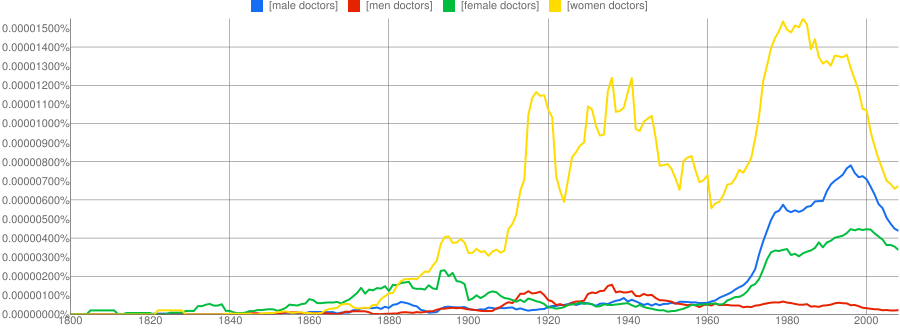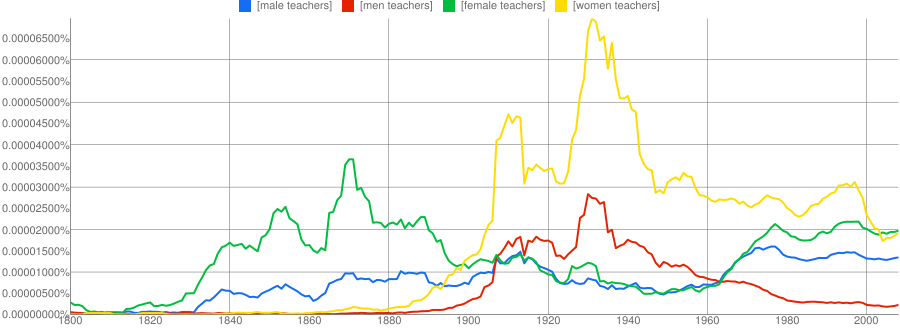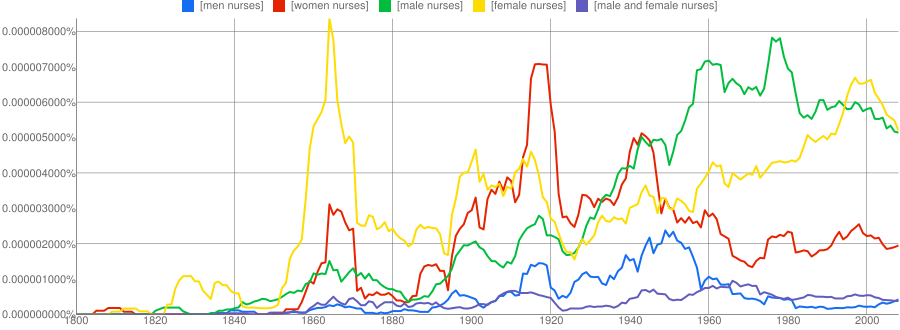As a consciously feminist act so that women are not reduced to their reproductive capacities, the word 'woman', which is generally accepted and used chiefly as a noun, is used in place of the word 'female', and 'woman' is used as an adjective to refer to women who are artists, philosophers, etcetera --- for example in these two sentences:
'Yes, she was one of the very first women philosophers of her generation'.
'She helped womankind so much by employing her skills and talents as a titanic woman theologian as which we all know her today, and as which she will certainly be remembered forevermore'.
Whilst reading Plato's Republic, I noticed that Plato used the word 'man' and 'woman' as adjectives to modify the noun 'guard' when he was speaking of how women and men ought to be trained in the same things such as education so that they can become the greatest Guardians in the State which he is thinking up.
But whilst using 'woman' as an adjective doesn't irk me too much, using 'man' as an adjective sounds too... silly. However, I will not use 'woman' as an adjective if I am not going to use 'man' as an adjective because I want to use the words in a way that suggests equality between women and men. I think using 'woman' as an adjective and not using 'man' as an adjective would be very sexist towards men.



